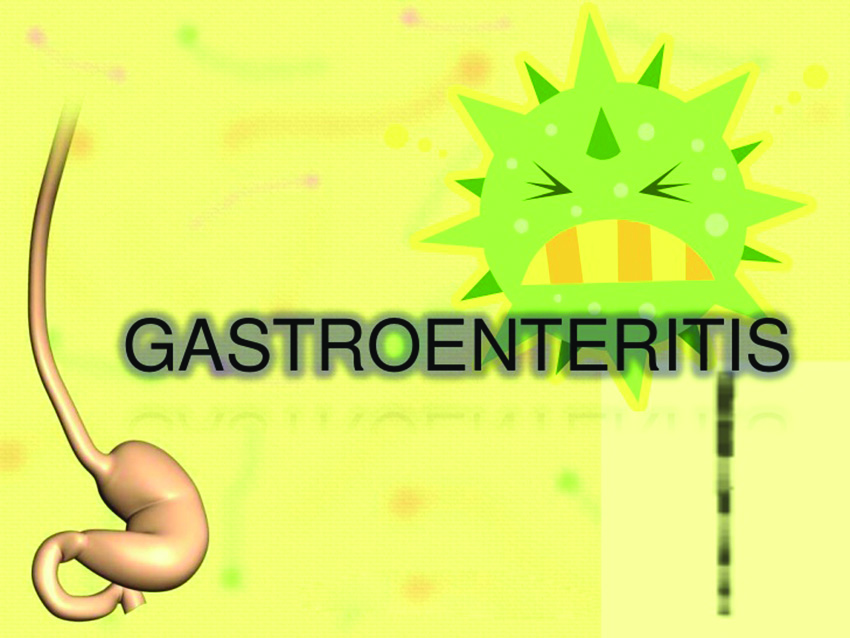Find Out 26+ Facts On Gastroenteritis They Missed to Share You.

Gastroenteritis | Most cases are infectious, although gastroenteritis may occur after ingestion of drugs and chemical toxins (eg, metals, plant substances). Although it's commonly called stomach flu, gastroenteritis isn't the same as influenza. Oct 05, 2018 · bacterial gastroenteritis symptoms vary depending on the bacteria causing your infection. May 28, 2020 · with gastroenteritis, your stomach and intestines are irritated and inflamed. Consult a doctor for medical advice.
May 28, 2020 · with gastroenteritis, your stomach and intestines are irritated and inflamed. Cases in adults are usually caused by norovirus (the winter vomiting. The cause is often a norovirus infection. Gastroenteritis, also known as infectious diarrhea and gastro, is inflammation of the gastrointestinal tract —the stomach and intestine. Gastroenteritis is an inflammation of the lining of the intestines caused by a virus, bacteria, or parasites.

Cases in adults are usually caused by norovirus (the winter vomiting. To help keep yourself more comfortable and prevent dehydration while you recover, try the following: Gastroenteritis is commonly called "stomach flu." but it's actually not caused by influenza, the respiratory virus that causes flu. It affects people of all ages, but is particularly common in young children. Viral gastroenteritis is the second most common illness in the u.s. Gastroenteritis is an inflammation of the lining of the intestines caused by a virus, bacteria, or parasites. Oct 16, 2018 · viral gastroenteritis is an intestinal infection marked by watery diarrhea, abdominal cramps, nausea or vomiting, and sometimes fever. Gastroenteritis, also known as infectious diarrhea and gastro, is inflammation of the gastrointestinal tract —the stomach and intestine. Although it's commonly called stomach flu, gastroenteritis isn't the same as influenza. The most common way to develop viral gastroenteritis — often called stomach flu —is through contact with an infected person or by ingesting contaminated food or water. Most cases in children are caused by a virus called rotavirus. This typically lasts less than two weeks. It spreads through contaminated food or water or by contact with an infected person.
It spreads through contaminated food or water or by contact with an infected person. Clean surfaces and do laundry often. The cause is typically a viral or bacterial infection. Viral gastroenteritis is the second most common illness in the u.s. Most cases are infectious, although gastroenteritis may occur after ingestion of drugs and chemical toxins (eg, metals, plant substances).

Cases in adults are usually caused by norovirus (the winter vomiting. Oct 16, 2018 · viral gastroenteritis is an intestinal infection marked by watery diarrhea, abdominal cramps, nausea or vomiting, and sometimes fever. The cause is often a norovirus infection. Clean surfaces and do laundry often. Wash your hands after you use the bathroom, change a child's diapers, or sneeze. Real flu (influenza) affects only your respiratory system — your nose, throat and lungs. Gastroenteritis is inflammation of the lining of the stomach and small and large intestines. Fever, lack of energy and dehydration may also occur. Mar 25, 2020 · gastroenteritis is a very common condition that causes diarrhoea and vomiting. It's usually caused by a bacterial or viral tummy bug. Viral gastroenteritis is the second most common illness in the u.s. Viral gastroenteritis is an intestinal infection marked by watery diarrhea, abdominal cramps, nausea or vomiting, and sometimes fever. Most cases are infectious, although gastroenteritis may occur after ingestion of drugs and chemical toxins (eg, metals, plant substances).
Gastroenteritis is an inflammation of the lining of the intestines caused by a virus, bacteria, or parasites. Oct 05, 2018 · bacterial gastroenteritis symptoms vary depending on the bacteria causing your infection. The most common way to develop viral gastroenteritis — often called stomach flu —is through contact with an infected person or by ingesting contaminated food or water. The cause is typically a viral or bacterial infection. Although it's commonly called stomach flu, gastroenteritis isn't the same as influenza.

Aug 02, 2021 · gastroenteritis can spread easily. It spreads through contaminated food or water or by contact with an infected person. Symptoms may include diarrhea, vomiting and abdominal pain. Keep yourself, your family, and your surroundings clean to help prevent the spread of gastroenteritis: Gastroenteritis is inflammation of the lining of the stomach and small and large intestines. Fever, lack of energy and dehydration may also occur. Cases in adults are usually caused by norovirus (the winter vomiting. It's usually caused by a bacterial or viral tummy bug. Oct 05, 2018 · bacterial gastroenteritis symptoms vary depending on the bacteria causing your infection. Gastroenteritis is commonly called "stomach flu." but it's actually not caused by influenza, the respiratory virus that causes flu. Wash your hands after you use the bathroom, change a child's diapers, or sneeze. Viral gastroenteritis is an intestinal infection marked by watery diarrhea, abdominal cramps, nausea or vomiting, and sometimes fever. To help keep yourself more comfortable and prevent dehydration while you recover, try the following:
Gastroenteritis: Real flu (influenza) affects only your respiratory system — your nose, throat and lungs.